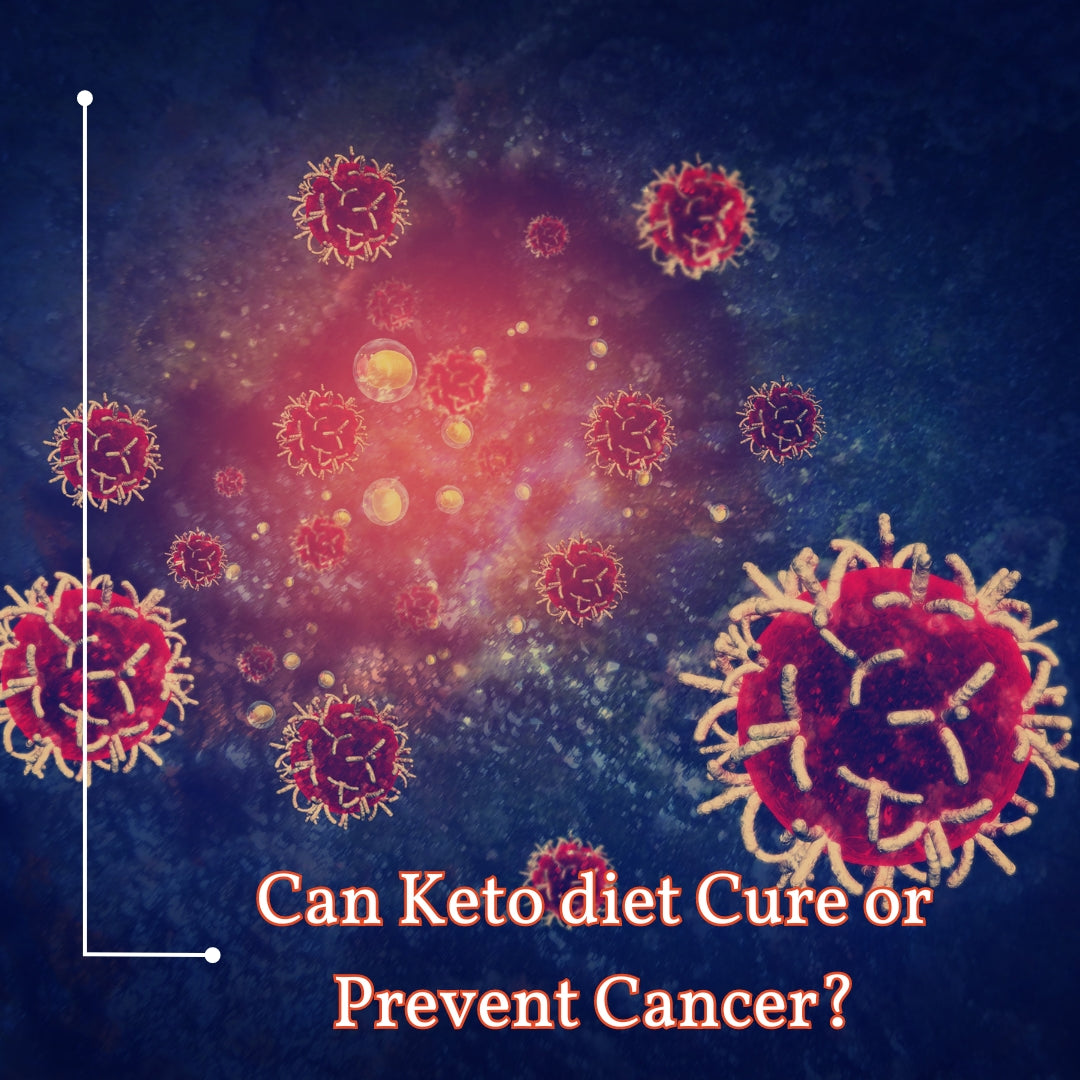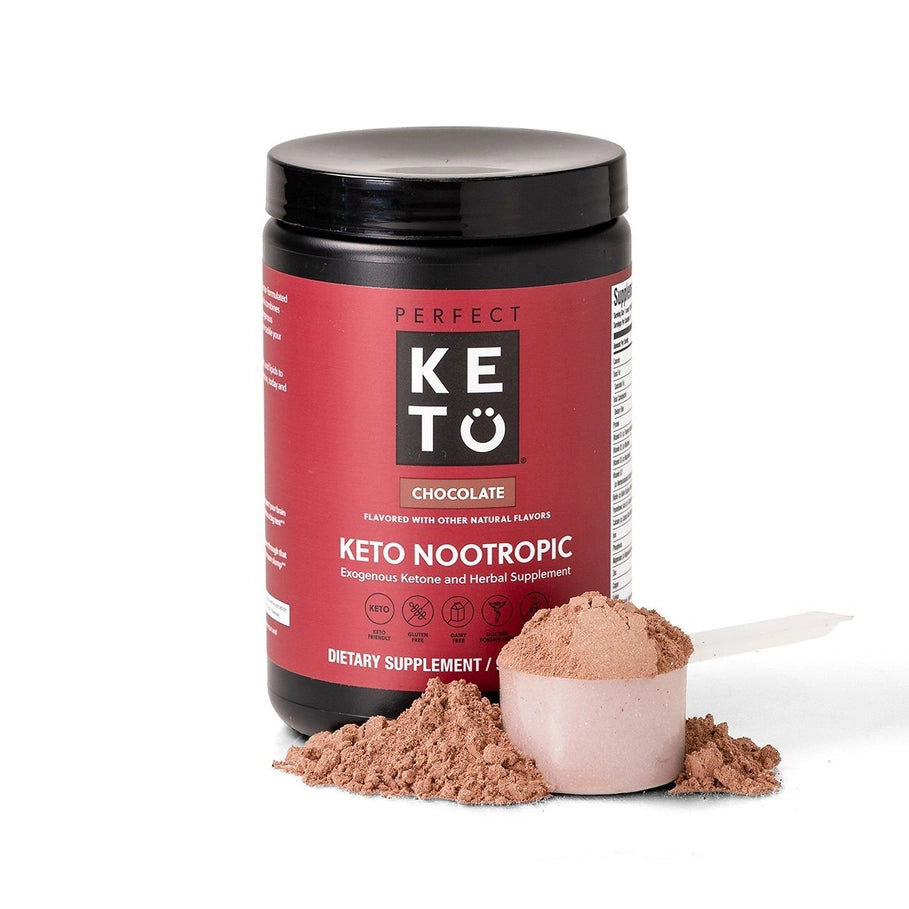
Keto Diet and Cancer: What patients should know
Can Keto Diet Cure or Prevent Cancer: Elucidating the Truth
In the ongoing quest for effective cancer treatments, researchers are continually investigating novel approaches. One such approach that has gained significant attention is the ketogenic diet, a high-fat, low-carbohydrate diet initially developed for epilepsy treatment. This discussion aims to delve into the question: Can Keto Diet Cure or Prevent Cancer?
Defining the Ketogenic Diet
The ketogenic diet, often referred to as "keto", is a diet comprising mainly of high-fat content (55% to 60%), with a low proportion of carbohydrates (5% to 10%), and a moderate amount of protein (30% to 35%). It manipulates the body's metabolism to burn fat instead of sugar, a process known as ketosis.
The Keto Diet and Its Relation to Cancer
Cancer is not a single disease but a collection of conditions. It's possible that the keto diet may benefit one type of cancer while being detrimental to another. Hence, it's crucial to consider how a keto diet would work alongside other treatments such as chemotherapy and radiation.
Cancer Cells and Their Dependence on Glucose
Most cancer cells are known to exhibit a "glucose addiction," wherein they consume glucose at a much higher rate than normal cells. This phenomenon, known as the Warburg effect, was first observed by scientist Otto Warburg, who was awarded the Nobel Prize in 1931 for this discovery.
The Potential of Keto Diet in Starving Cancer Cells
The ketogenic diet, by severely limiting the intake of carbohydrates, essentially starves the body of glucose. This forces the body to switch to an alternative fuel source—fat. The liver converts these fats into ketone bodies, which can be used as a source of energy by most cells in the body. However, cancer cells, heavily dependent on glucose for their energy needs, are unable to efficiently utilize ketones, potentially inhibiting their growth and proliferation.
The Double-Edged Sword: Keto Diet and Cachexia
While the ketogenic diet's potential for starving cancer cells appears promising, there are considerable concerns about its possible side effects, particularly for cancer patients. One such potential side effect is a condition called cachexia, a debilitating condition characterized by extreme weight loss, loss of appetite, fatigue, and immune suppression.
Cachexia is a common occurrence in patients with progressive cancer, making them so weak that they may not be able to withstand anti-cancer treatments. Research has suggested that a ketogenic diet may accelerate the onset of cachexia in cancer patients, presenting a significant challenge to its application as a cancer treatment.
Potential Solutions: Keto Diet and Corticosteroids
Despite the challenges associated with cachexia, researchers are exploring potential methods to mitigate these effects. One such approach is the combination of a ketogenic diet with corticosteroids, a class of drugs often used to reduce inflammation.
The Future of Keto Diet in Cancer Treatment
The potential of a ketogenic diet in cancer treatment is still a topic of extensive research. Ongoing clinical trials are investigating the diet's efficacy and safety in treating various types of cancer. It's crucial to note that while the diet may show promise in laboratory and animal studies, the results may not necessarily translate to humans.
Conclusion
In conclusion, while the ketogenic diet presents a promising approach in the fight against cancer, it comes with potential risks and side effects that cannot be overlooked. As researchers continue to investigate its effects, it's crucial to approach the question, "Can Keto Diet Cure or Prevent Cancer?" with a balanced and informed perspective.
References
REFERENCE ARTICLE 1:
REFERENCE ARTICLE 2:
REFERENCE ARTICLE 3:
REFERENCE ARTICLE 4:

















